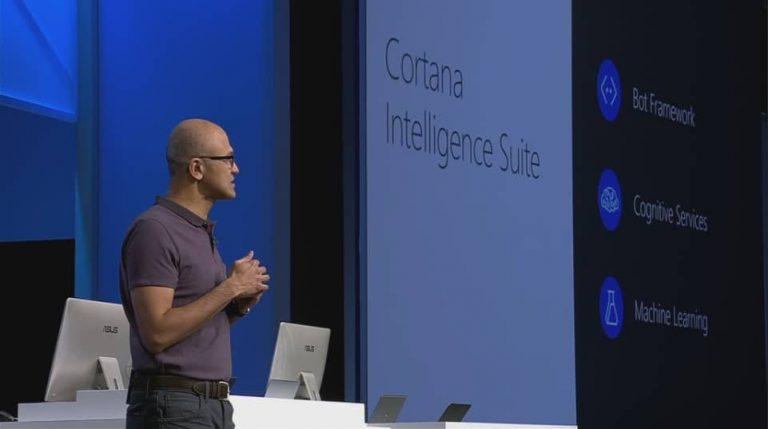Shortly before Microsoft introduced its new fangled Artificial Intelligence division, news surfaced about the company’s participation in a new AI ethics committee which includes brain power from tech giants such as Facebook, IBM, DeepMind, Google, and Amazon.
As a co-founder of Partnership on Artificial Intelligence to Benefit People and Society, Microsoft’s role is as such; to help promote the advancement of AI in consumer products and services.
According to a joint press release, the non-profit organization seeks to help educate the public about the use of AI and perhaps, more importantly, assuage the fears about artificial intelligence that have been brought up in movies, television, and comic books.
The objective of the Partnership on AI is to address opportunities and challenges with AI technologies to benefit people and society. Together, the organization’s members will conduct research, recommend best practices, and publish research under an open license in areas such as ethics, fairness, and inclusivity; transparency, privacy, and interoperability; collaboration between people and AI systems; and the trustworthiness, reliability, and robustness of the technology. It does not intend to lobby government or other policymaking bodies.”
Earlier this week at Microsoft’s second annual Ignite conference, Microsoft made several heavy-handed pitches of a world powered by bots, machine learning software and artificially intelligent services that will help aid everyone’s life in the future.
According to a report from Windows Central, Microsoft technical fellow & managing director of research division represents not only CEO Satya Nadella’s proposal but the company’s unwavering investment in making an artificial intelligent future a reality.
We’re excited about this historic collaboration on AI and its influences on people and society. We see great value ahead with harnessing AI advances in numerous areas, including health, education, transportation, public welfare, and personal empowerment. We’re extremely pleased with how early discussions among colleagues blossomed into a promising long-term collaboration. Beyond folks in the industry, we’re thrilled to have other stakeholders at the table, including colleagues in ethics, law, policy, and the public at large. We look forward to working arm-in-arm on best practices and on such important topics as ethics, privacy, transparency, bias, inclusiveness, and safety.”
As personal computing continues to evolve from desktop towers and traditional clamshell laptops to tablets, 2-in-1’s and smartphones all running location and contextually based software, it seems like it’s only a matter of time before the subtle uses of artificial AI become, the more prevalent uses for consumers.


